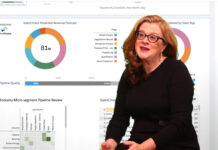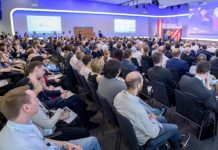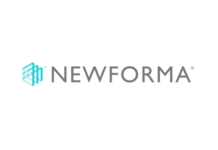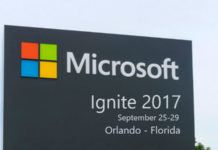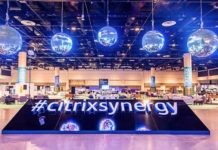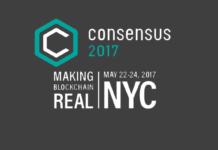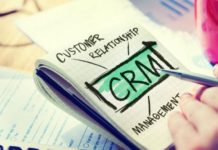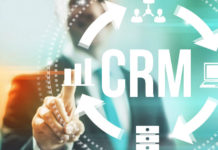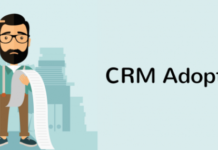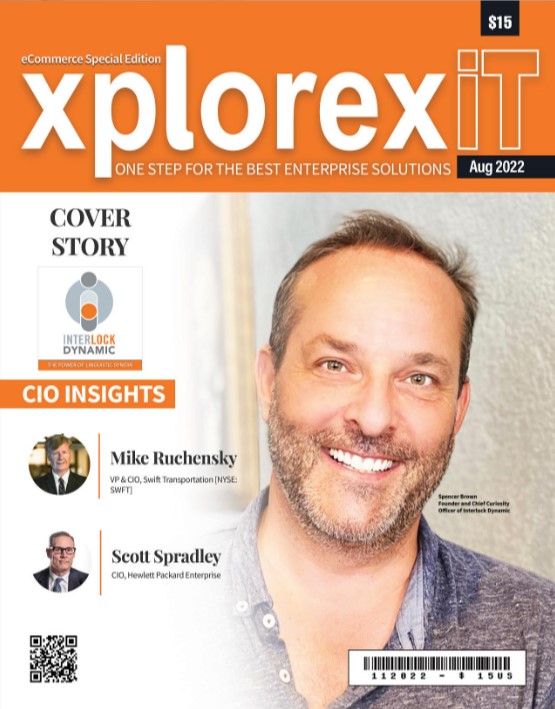Siemens USA 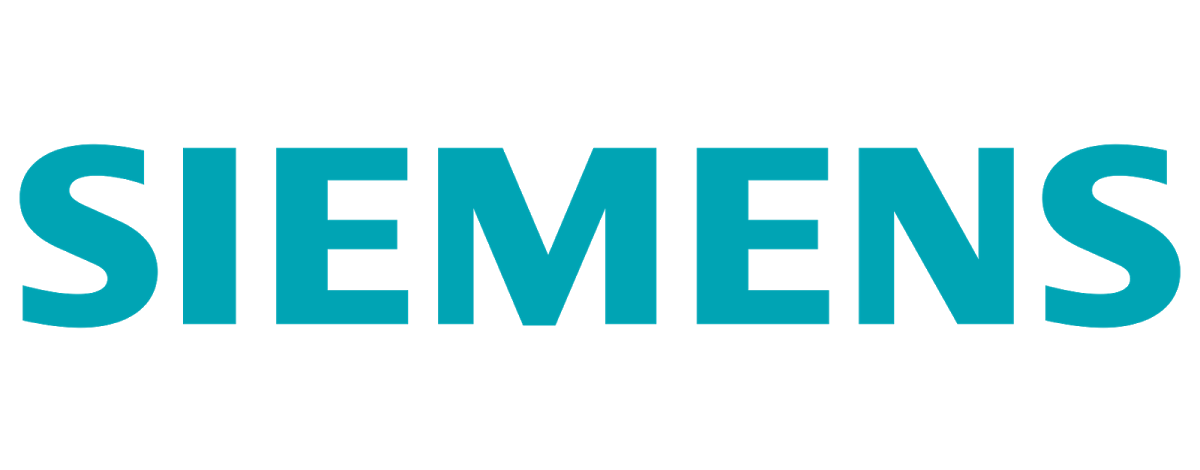

“We are in a moment where we need to look ahead and think deeply to be prepared for what may come next. We do not know what crisis may come, but there will definitely be one.” If not anything else, these are the words of a strategic leader who intensely cares for the nation and strives to elevate preparedness in times of crises, such as the pandemic. The bold warrior who believes in broader readiness for the country is none other than Barbara Humpton, the president and CEO of Siemens USA. Barbara, along with her team and the Siemens global leadership in engineering and technology innovation aim to meet America’s toughest challenges, delivering solutions for industries, hospitals, utilities, cities, and manufacturers.
Transformation being her middle name, Barbara firmly states that building digital tools in the world of manufacturing can handle the upcoming inevitability, and she calls it the “strategic digital twin reserve” for various industries. This can help in activating manufacturing capabilities across the U.S. increasing the speed to need regional supply chains in the country.
An Encourager, not a Quitter
Barbara came into the world of engineering in the early 1980s when she says men largely dominated the field. In 1990, she became a software programmer and a rising star at IBM. And in June 2018, she became the CEO of Siemens USA. The promotion came about a decade after Barbara held senior leadership roles at other major technology firms, including Lockheed Martin, and Siemens Government Technologies, which works with the federal government on energy and infrastructure projects. Being tasked with overseeing over 50,000 employees, Barbara says having a strong support network at home and at work helps her overcome hurdles and doubts. “There is a voice in my head saying, ‘I’m not a quitter.’”
What inspires her is the opportunity to explore technology’s true purpose: expanding what’s humanly possible. She is also passionate about diversity, STEM education and what she calls a work-life blend that honors her priorities both at Siemens and as a grandmother. The Virginia-raised executive has paved her path clearly to study and understand problems in the market and build solutions to address them as she says, “our overarching aim is to use our knowhow to address important megatrends including digitalization, automation and electrification as well as background concerns including urbanization and climate change.”
Helping Manufacturers Scale up
Digitization of manufacturing or industrie 4.0 having gained global interest, today customers demand products that satisfy their specific needs; rapidly changing markets call for a growing level of flexibility. And the constant desire for increased efficiency means shorter and shorter development time and the efficient use of resources and energy. All with no loss of quality—or even improved quality, in some cases. Siemens offers a portfolio of solutions that comprises the four core elements of the Digital Enterprise to help its customers leverage the potentials of Industrie 4.0. This allows companies in the manufacturing and process industries to become completely and comprehensively digitalized across the entire value chain. With these scalable solutions, companies of all sizes can now invest in Industrie 4.0.
Siemens offers a comprehensive portfolio for the manufacturing and process industry—Totally Integrated Automation or TIA, a unique portfolio of hardware and software. It combines the digital and real world of production, relying throughout on shared characteristics: consistent data management, global standards, and uniform hardware and software interfaces. “TIA provides you with unrestricted access to our complete range of digitalized automation services, from digital planning and integrated engineering to transparent operation,” notes Barbara. The new version shortens the time to market, for example by means of simulation tools, increases the productivity of your plant through additional diagnostics and energy management functions, and offers you broader flexibility by connecting to the management level. The new options benefit system integrators and machine builders as well as plant operators. TIA Portal is thus a perfect gateway to automation in the Digital Enterprise. As part of the Digital Enterprise Suite along with PLM and MES, it complements the comprehensive range of offerings from Siemens for companies on their path to Industrie 4.0.
Next-gen Manufacturing
Siemens has been in the U.S. for more than 160 years in more than 60 manufacturing sites. From efficient power generation, to digital factories and oil and gas fields, to medical diagnostics, to locomotives, to next-generation software used in every phase of product development, the company focuses on building the future of manufacturing.
For instance, the Rail Automation, Louisville, Ky., facility houses the global headquarters of the Siemens Freight and Products Business Unit, which manufactures rail signaling and communications products, such as grade crossing warning lights, bells and gates, for rail lines around the world. The manufacturing facility assembles and wires the complex control equipment required for train control systems, wayside signal systems and grade crossing warning systems. Siemens also engineers software solutions at this location such as Positive Train Control (PTC), a signal enforcement system that will lead to more efficient train control, specifically for the North American market. Siemens finalized its acquisition of Invensys Rail in May 2013, expanding the company’s footprint in the global rail automation market and strengthening its technology offerings, including PTC solutions. This facility houses engineering, manufacturing and assembly, sales, marketing and program management personnel. Siemens employs a total of 300 people at the plant.
Resiliency and Sustainability
At Siemens, sustainable development is defined as a means to achieve profitable and long-term growth. Their sustainability initiatives are an essential aspect of successfully implementing the Siemens Strategy Program Vision 2020+. The company’s understanding of sustainability is fully based on the company values—responsible, excellent, and innovative. “We put people front and center. We promote the safety, education and well-being of our employees through a multitude of programs, and we are committed to the sustainable development of society,” says Barbara.
As for the current situation, Barbara has been relentlessly reassuring that the company will be more resilient and sustainable to shape the future of manufacturing. “We have a long history of helping businesses and communities solve complex infrastructure challenges,” she says. “In supporting America during COVID-19, a key priority is helping to reopen the economy. By leveraging our expertise in digital technologies, smart infrastructure and manufacturing we have quickly adapted the software and technologies at the core of our business to help businesses and communities come back with confidence.” Her resilient and bold approach is truly inspirational and promising to enrich the future of manufacturing through innovation and technology.



